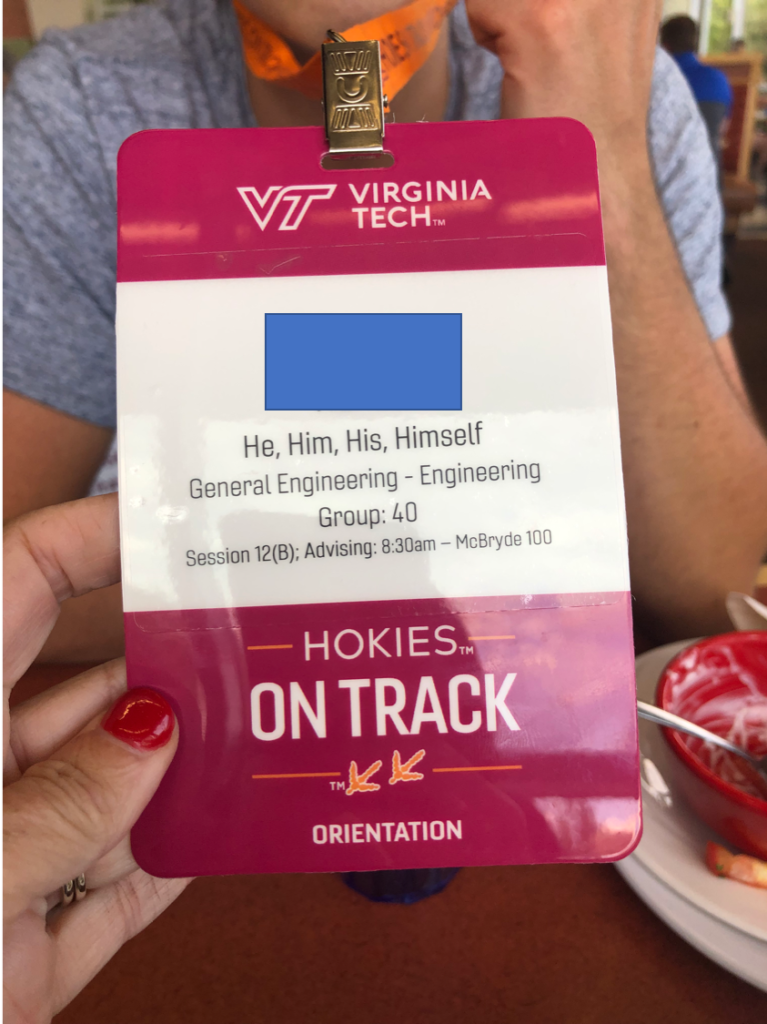Farewell My Concubine is a 1993 Chinese drama that brings the viewer through the tumultuous times of the mid-20th century, namely in how the Cultural Revolution and communist ideology destroyed the social fabric of Chinese culture and the personal relationships within. The lens used to tell the story was through the traditional Chinese theater/ opera.
The film doesn't provide a sentimental or endearing picture of the Chinese opera. In fact, it highlights the brutality and harsh conditions involved in training young boys to become actors. The main characters also aren't established as particularly attractive. Instead, they are shown to be narcissistic, abusive and abused.
We watched the film in two parts (it's about 3 hours long) and I didn't feel too interested in the film after the first part, mainly because the setup explored the all too-common face of human deficiency in earlier times. But it also slowly dripped a backdrop of the creative spirit that survives struggle both on the individual and historic-social level.
The emotionally-intense second-half shows how the soul of a nation, its creative force that lives despite its flaws, is dismembered and destroyed through the raw crowd hysteria of the communist utopia that seeks a retribution on a flawed but creative humanity. And this force presses on human failings with such intensity that it ultimately stamps out history, meaning, culture, and the bonds that form relationships. This depiction in the film was gut wrenching, but it is what made it worth watching. The 'Cultural Revolution' was really about destroying the Chinese culture and it sowed deep division and hatred right down to personal relationships. And we can observe how this use of 'the crowd' has been used in this way time and time again in the name of 'the people', justice, or 'social justice'.
If anyone wants to check out the film, I'd recommend finding the full-length uncut version that I think is about 170 minutes long.
The film doesn't provide a sentimental or endearing picture of the Chinese opera. In fact, it highlights the brutality and harsh conditions involved in training young boys to become actors. The main characters also aren't established as particularly attractive. Instead, they are shown to be narcissistic, abusive and abused.
We watched the film in two parts (it's about 3 hours long) and I didn't feel too interested in the film after the first part, mainly because the setup explored the all too-common face of human deficiency in earlier times. But it also slowly dripped a backdrop of the creative spirit that survives struggle both on the individual and historic-social level.
The emotionally-intense second-half shows how the soul of a nation, its creative force that lives despite its flaws, is dismembered and destroyed through the raw crowd hysteria of the communist utopia that seeks a retribution on a flawed but creative humanity. And this force presses on human failings with such intensity that it ultimately stamps out history, meaning, culture, and the bonds that form relationships. This depiction in the film was gut wrenching, but it is what made it worth watching. The 'Cultural Revolution' was really about destroying the Chinese culture and it sowed deep division and hatred right down to personal relationships. And we can observe how this use of 'the crowd' has been used in this way time and time again in the name of 'the people', justice, or 'social justice'.
If anyone wants to check out the film, I'd recommend finding the full-length uncut version that I think is about 170 minutes long.

